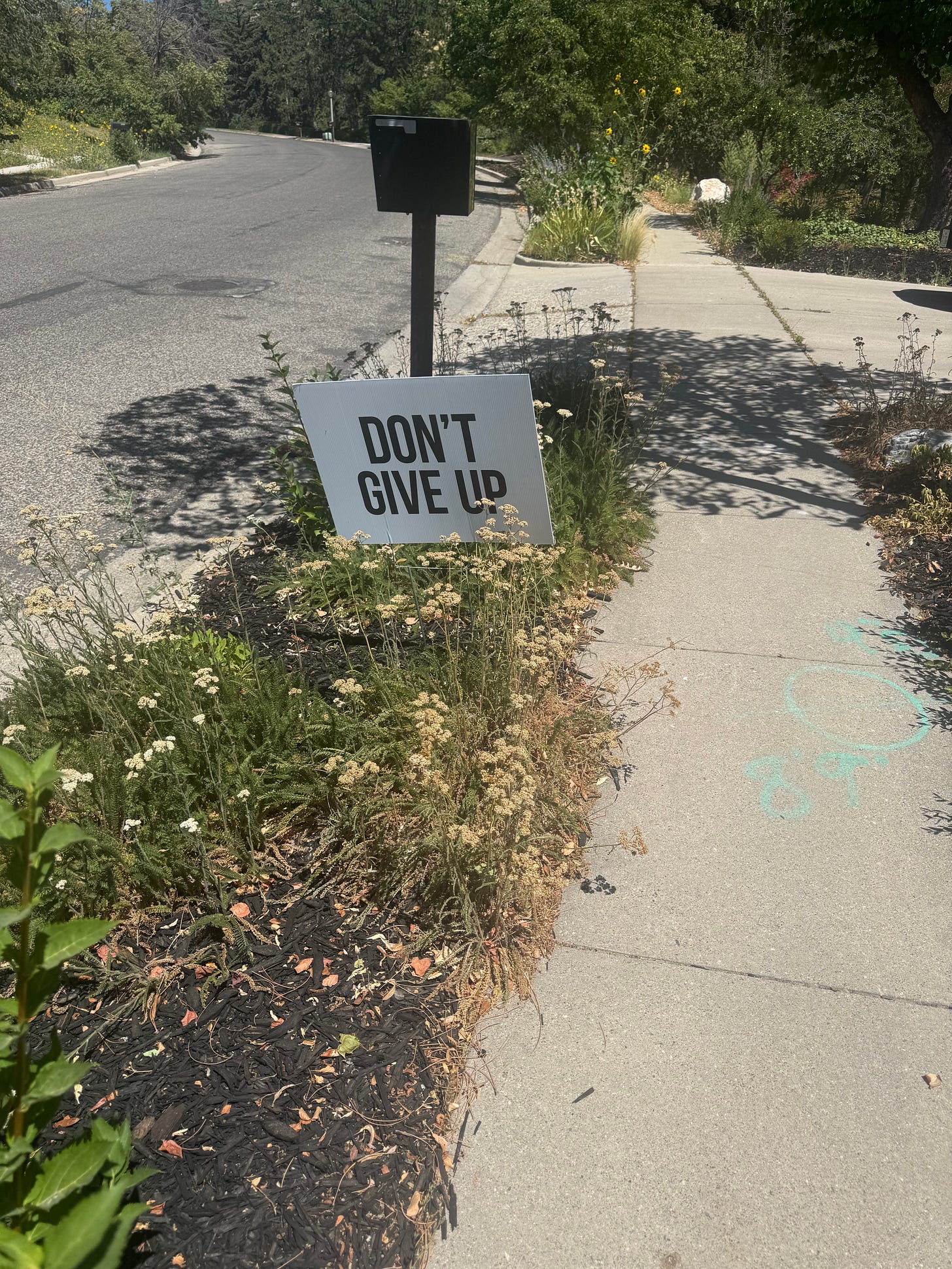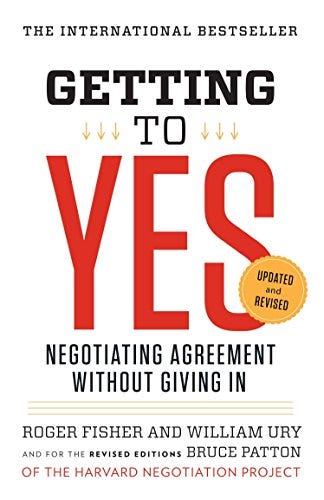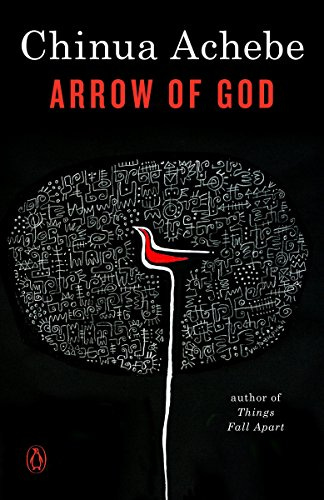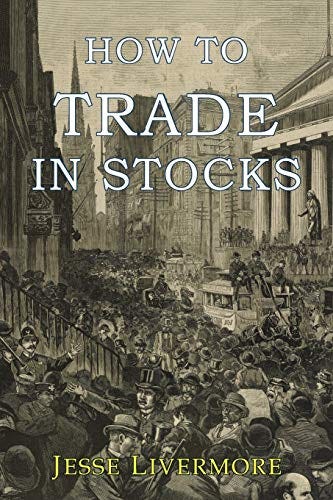Don’t Give Up: A Simple Sign, a Steep Hill, and the Power of Belief
Three books can change your Thursday. One book can change your world.
Hello,
The other day, I was hiking the hills near my house in Salt Lake City. It wasn’t Everest, but it wasn’t easy either—just a steep, steady climb up the side of the Wasatch Mountains. I passed the giant “U” for the University of Utah etched into the hillside, snapped a photo, and kept going. My body felt strong. My mind, however, had other ideas.
As I climbed, I was deep into a podcast on black holes—gripping stuff, until I started thinking about something far more terrestrial: chicken tikka masala. And a movie night. And my couch. You know how it goes. The legs start to ache. The mind starts negotiating. You think about turning back.
That’s where I was—mid-debate with myself—when I walked past a sign, partially hidden in the brush. I kept walking a few steps, then stopped. Something made me turn back. I stepped off the trail, leaned over, and read the words:
DON’T GIVE UP.
That was it.
Three simple words planted in the ground, anonymously and quietly. No name, no branding, no QR code—just a reminder.
And I smiled. Because whoever put that sign there knew. They knew this was the moment—the moment when hikers start bargaining with themselves. They knew this was where many people decide whether to keep going or not. And they also knew how close the summit really is.
The sign didn’t tell me anything I didn’t already know. But it told me exactly what I needed to hear.
We all reach these points—on hikes, in life, in work, in relationships—where turning back feels easier than moving forward. Not because we’ve reached our physical limit, but because our minds get tired. Distracted. Weighing the comfort of stopping versus the discomfort of pressing on.
That little sign reminded me that belief—especially belief in yourself—is often the difference.
So I kept going.
Finished the hike. Felt the sweat. Felt the win. And yes, still made it home in time for that tikka masala.
But I carried something more with me: the power of small encouragements. Of unexpected nudges. Of reminders planted by people I’ll never meet but who still found a way to help me through.
Sometimes we don’t need a loud cheer. We just need a quiet sign that says:
Keep going. You’re closer than you think.
Welcome to this week’s Three Book Thursday.
1. Negotiation
Getting to Yes: Negotiating Agreement Without Giving In
Summary
Getting to Yes is one of those books I wish I had read earlier—not just for business, but for life.
It’s about negotiation, yes—but not in the way most people think. There’s no strong-arming here, no manipulative tactics or power plays. This book is about how to negotiate without destroying relationships. How to stand firm on what matters while remaining open to new paths. And how to walk away not just with an agreement—but with respect.
At its core, Getting to Yes is about principled negotiation. It teaches you to separate the people from the problem. To focus on interests, not positions. To invent options for mutual gain. And to insist on using objective criteria to reach decisions. Sounds simple. It’s not. But it’s a mindset shift that changes everything.
Reading it, I kept thinking about the places where conflict shows up in our lives—contract negotiations, business deals, family dynamics, parenting, even internal battles with ourselves. So much of that tension comes from trying to win. But this book reminds us: negotiation isn’t about victory. It’s about movement. Alignment. Progress.
One idea that stuck with me was BATNA—Best Alternative to a Negotiated Agreement. It’s the concept of knowing your walk-away option. Knowing your BATNA changes how you show up. You’re clearer. You’re stronger. You’re not negotiating out of fear—you’re negotiating from a place of purpose.
This isn’t just a toolkit. It’s a philosophy. One rooted in empathy, clarity, and strength. The kind of strength that doesn’t need to shout. It just stands firm.
For anyone navigating a career transition, leading a team, managing conflict, or simply trying to get better at tough conversations—this book is gold. And for those of us in medicine, where negotiation often lives in the unspoken—between physicians and patients, administrators and staff, policy and practice—it offers a way forward. A way to say yes to outcomes that matter, without giving in on the values that define us.
If you’ve ever felt stuck in a conversation that’s going nowhere—or lost yourself in a negotiation that became a battle—this book will bring you back.
Favorite Quote, Insight, & Principle
Quote: “Perhaps the best way to change their perceptions is to send them a message different from what they expect.”
Insight: The more you clarify your position and defend it against attack, the more committed you become to it. The more you try to convince the other side of the impossibility of changing your opening position, the more difficult it becomes to do so. Your ego becomes identified with your position.
Principle: Bitter feelings generated by one such encounter may last a lifetime.
Author: Roger Fisher and William Ury
Themes: Negotiation, Human psychology
2. Fiction
Arrow of God
Summary
Arrow of God is the kind of novel that reaches into a specific moment in history—and somehow tells a story that feels personal, timeless, and unsettlingly familiar.
I first encountered this book in college, during a course on African literature. I remember walking in skeptical. I didn’t know what to expect—and honestly, I wasn’t sure it would speak to me. But what happened in that class reshaped my understanding of story, power, and perspective. I was introduced to Chinua Achebe—and through him, to a body of literature and a history I likely never would have found on my own.
Set in colonial Nigeria, Arrow of God explores the collision between tradition and change, faith and power, identity and resistance. It’s not just a historical novel—it’s a psychological one. A slow burn. A deep dive into what happens when the world you’ve built starts to fracture.
At the center is Ezeulu, the chief priest of the god Ulu—a man deeply rooted in ritual, structure, and spiritual authority. He believes he is acting on divine instruction. He believes he is holding the line. But the world around him is shifting—colonial forces, Christian missionaries, tribal politics—and his refusal to adapt sets in motion a quiet unraveling.
What struck me most wasn’t just the story of Ezeulu. It was what it revealed about leadership, certainty, and the cost of being “right.”
We’ve all seen it—leaders who refuse to bend, who confuse stubbornness with strength. Ezeulu is brilliant, devout, and principled—but his rigidity becomes his undoing. He’s a man caught between the gods and the British Empire, between loyalty to the past and the chaos of the present. And in trying to preserve his world, he ends up accelerating its collapse.
Achebe doesn’t moralize. He doesn’t offer easy heroes or villains. What he gives us is complexity—and in that, something far more valuable. A mirror. A chance to reflect on how we lead, how we listen, and what we’re willing to let go of to make room for something new.
Arrow of God isn’t just a novel about colonialism. It’s about identity. Power. Change. And what it means to serve something greater—without losing yourself in the process.
Favorite Quote, Insight, & Principle
Quote: “The death that will kill a man begins as an appetite.”
Insight: The world is like a mask dancing. If you want to see it well, you do not stand in one place.
Principle: A man who brings home ant-infested firewood should not be surprised when lizards visit.
Author: Chinua Achebe
Themes: Fiction
3. Investing
How to Trade In Stocks
Summary
How to Trade in Stocks by Jesse Livermore is a time capsule of market psychology and personal discipline from one of the most legendary traders to ever live. First published in 1940, its lessons still ring true today, not because they’re technical or algorithmic, but because they speak to the deeper truths of human behavior, risk, and decision-making.
I read this book not as a manual, but as a mindset shift. Livermore doesn’t just share how he made millions (and lost them)—he shares how he thought about markets, about himself, about fear, greed, and discipline. That’s what makes this book timeless. It’s not about stock tips. It’s about self-awareness.
Livermore believed that the stock market is never wrong—but people often are. He taught that the key to success isn’t prediction—it’s observation. Wait for the market to tell you where it’s going. Don’t act on hope or fear. Act on confirmation. And once you make a decision, stick to it with conviction—but only as long as the data supports it. That delicate balance between patience and decisiveness? That’s the real edge.
He also stressed the importance of protecting your capital above all else. Livermore’s rule: never add to a losing position. Emotion is the enemy of clarity. The market doesn’t care about your feelings, and neither should your strategy.
For me, the relevance of this book goes beyond trading. It’s about developing a system that aligns with your principles and sticking to it. Whether you’re leading a company, managing a crisis, or navigating personal decisions—the lesson is the same: have a plan, test it with small bets, protect against downside, and let your winners run.
How to Trade in Stocks reminds us that in business, in markets, and in life—the real game is emotional control.
And mastery doesn’t come from knowing what’s next. It comes from knowing how you’ll respond.
If you want to sharpen your thinking, study your tendencies, and learn from a man who turned discipline into fortune—this book is worth your time.
It’s not about Wall Street. It’s about human nature.
And that’s a market that never stops moving.
Favorite Quote, Insight, & Principle
Quote: “Profits always take care of themselves, but losses never do. ”
Insight: Being a little late in your trade is your insurance that you are right or wrong.
Principle: Have the courage of your convictions and stay with it.
Author: Jesse Livermore
Themes: Investing, Personal finance
That small sign on the trail—DON’T GIVE UP—wasn’t about hiking. It was about mindset.
Each of this week’s books explores the same truth: progress comes not from force, but from clarity. From knowing when to hold steady, when to adapt, and when to let go. Negotiation, leadership, investing—these aren’t games of domination. They’re acts of awareness. Of focus. Of belief.
You don’t have to be loud to be powerful.
You just have to know where you stand—and have the courage to keep going.
Always ❤️📚💡
Three Book Thursday is free, but there are many costs to create these posts each week. So, can you do me a favor?
If you find value here, please support the newsletter.
Please share Three Book Thursday with a friend, college, family member, or post it to your socials. I’m working hard to grow this audience, but let’s be honest—you’re probably better at it than I am.
Or, do both!







